macau university of science and technology is proud to confer 2024 honorary doctorate degree upon 7 outstanding individuals in recognition of their outstanding achievements in their respective professions and valuable contributions to the well-being of society. the conferment ceremony will be held during the must 24rd anniversary in march 2024.
(in alphabetical order of surnames)
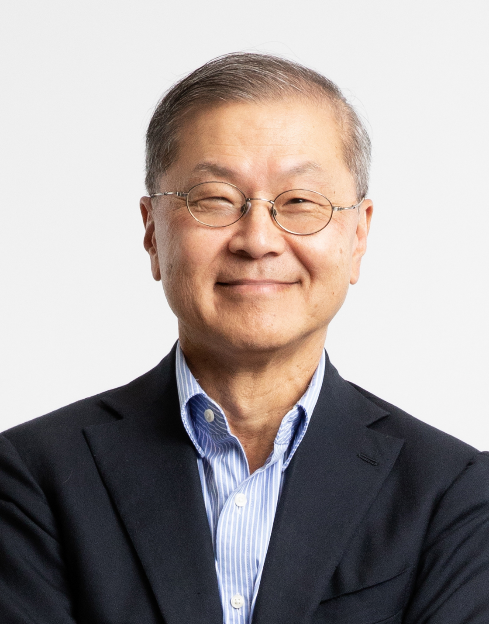
david d. ho
david d. ho is the founding scientific director of the aaron diamond aids research center and the clyde and helen wu professor of medicine at columbia university irving medical center. he received his degrees from california institute of technology and harvard medical school. dr. ho has been at the forefront of aids research for 40 years. his elegant studies unraveled the dynamic nature of hiv replication in vivo and revolutionized our basic understanding of this horrific disease. this knowledge led him to champion combination antiretroviral therapy that resulted in unprecedented control of hiv in patients. an automatic death sentence has been transformed into a manageable condition, and over 25 million people worldwide are currently on such a therapy. since the start of the covid-19 pandemic, dr. ho’s research team has devoted considerable efforts to develop novel strategies to diagnose, treat and prevent sars-cov-2 infection.
dr. ho has received fourteen honorary doctorates. he was named time magazine’s man of the year in 1996 and the recipient of a presidential medal from bill clinton in 2001. he was also inducted into the california hall of fame. dr. ho was also recognized by the kingdom of thailand with the prince mahidol award in medicine, and he was given the distinguished alumni award by caltech. dr. ho serves as a member of the trustees of caltech, and he was a board member of the mit corporation for 12 years and harvard board of overseers for 6 years. he is a member of the us national academy of medicine as well as the chinese academy of engineering
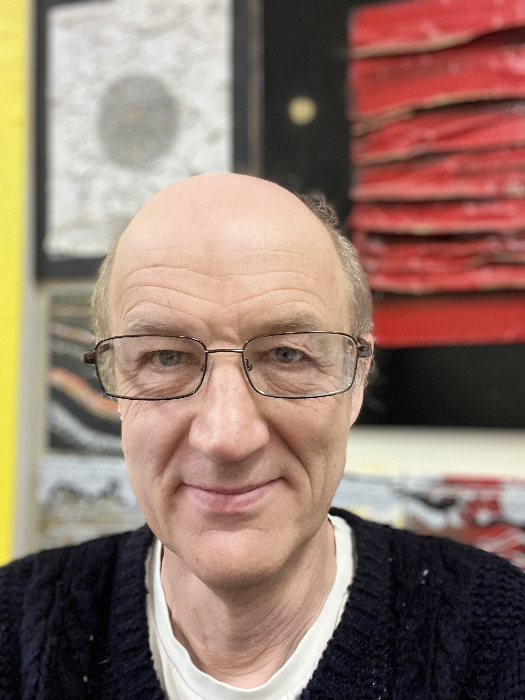
david c. jewitt
david c. jewitt is a british-american astronomer who studies the minor bodies of the solar system. he is a distinguished professor of the department of earth, planetary, and space sciences and the director of the institute for planets and exoplanets at the university of california, los angeles (ucla). he obtained his b.sc. in astronomy from the university of london in 1979, and his m.sc. and ph.d. in planetary science and astronomy from the california institute of technology (caltech) in 1980 and 1983, respectively. he then worked as an assistant professor at the massachusetts institute of technology (mit) from 1983 to 1988, and as an associate astronomer and associate professor at the university of hawaii from 1988 to 1993. he became an astronomer and professor at the university of hawaii in 1993, and remained there until 2009, when he joined ucla. he is a member of the national academy of sciences, a fellow of the american association for the advancement of science, and a fellow of the american academy of arts and sciences. he is best known for discovering (15760) albion, the first kuiper belt object (other than pluto and its largest moon charon) to be detected, along with his former student jane x. luu. in 2012, he and luu received the shaw prize in astronomy and the kavli prize in astrophysics, for their “discovery and characterization of trans-neptunian bodies, an archaeological treasure dating back to the formation of the solar system and the long sought source of short period comets”. he is also a foreign member of the norwegian academy of science and letters. to date he has published over 200 peered-reviewed papers.
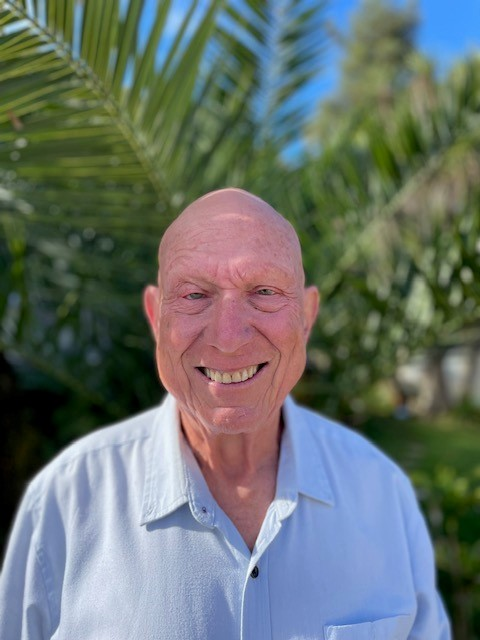
michael karin
michael karin is a distinguished scientist who has made significant impact in biology and medical research. michael karin obtained his bachelor of science degree in biology from tel aviv university in 1975, and subsequently a ph.d. in molecular biology from the university of california, los angeles in 1979. he has been the distinguished professor of pharmacology and pathology at the university of california san diego school of medicine since 1986. michael karin is an elected member of the us national academy of sciences, the national academy of medicine, the american association for cancer research academy and the european molecular biology organization. this underscores the immense respect and recognition he has garnered in the scientific community.
michael karin's transformative impact on the field is evident through his authorship of over 300 papers, with more than 100 of these in elite journals such as nature, science, and cell. the significance of his research is underscored by over 300,000 citations, and a h-index of 275. at the core of michael karin's research is an exploration of the intricate relationship between inflammation, cancer and metabolic diseases. his work has unveiled critical signal transduction pathways, illuminating the molecular mechanisms underlying these health issues. his research has contributed to cancer prevention, therapy, and the treatment of non-alcoholic steatohepatitis (nash).
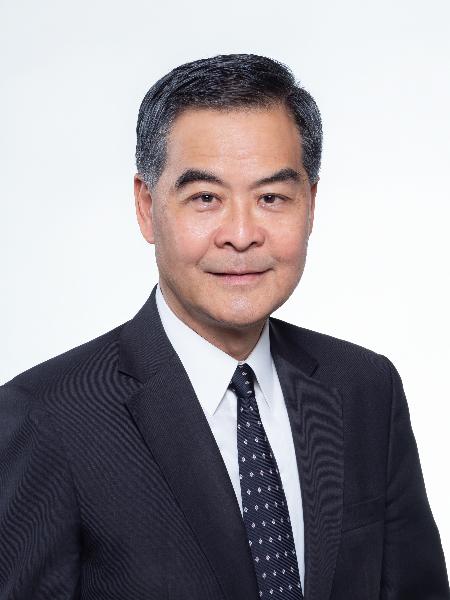
leung chun-ying
leung chun-ying graduated from the hong kong polytechnic university and the university of the west of england. mr. leung received honorary doctorates from four universities in the united kingdom, the hong kong special administrative region, and shandong province.
since the late 1970s, leung chun-ying participated in land use and housing system reforms in mainland china and assisted in leasing land in shanghai and other mainland cities after the constitutional amendment in 1988.
he was involved in the entire process of preparing for the establishment of the hong kong special administrative region from 1984 to 1997.
from 1997 to 2011 he served as a member of the executive council and as the convener of the non-official members of the executive council from 1999 to 2011.
leung chun-ying was elected as the fourth-term chief executive of the hong kong special administrative region in march 2012.
in march 2017, he was elected as the vice chairman of the national committee of the chinese people's political consultative conference. in the same year, he founded the "belt and road" international cooperation hong kong center and the greater bay area hong kong center, serving as the chairman.
in 2018, he established the "gx foundation" and serves as the chairman.
in 2022, he led the establishment of the "guangzhou nansha minxin hong kong school" and serves as the chairman of the school board.
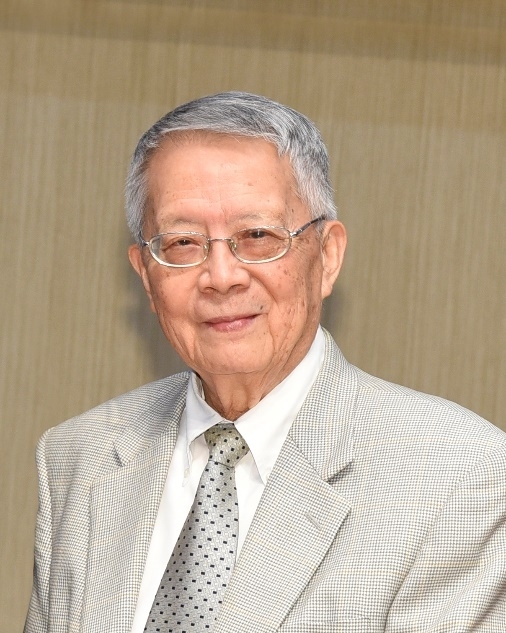
liu chao-han
liu chao-han is a pioneer in solar-terrestrial physics and remote sensing research. he is one of the founding leaders of taiwan’s space program. he is a foreign member of the national academy of engineering, a member of the world academy of sciences, and an academician of the academia sinica. he served as president of national central university, chancellor of the university system of taiwan and the vice president of the academia sinica. shortly after returning to taiwan in 1990, based on his earlier research he proposed and guided the implementation of the constellation observation system for meteorology ionosphere & climate, formosat-iii/ cosmic, in collaboration with ucar and jpl in the us. this system, launched 4/2006, is a 6-satellite constellation using gps radio occultation technique that revolutionized remote sensing of the earth’s atmosphere. the system has led to the daily collection of up to 2500 calibrated high-vertical resolution data for atmospheric temperature and humidity as well as ionospheric electron density profiles over the globe, and enabled the daily weather forecast, including space weather, to achieve drastic improvement.
earlier, in the late 1980’s, liu and his students innovated a versatile and inexpensive technology known as “computerized ionosphere tomography (cit)" which was adopted for the remote sensing of ionospheres. earlier in his career, liu developed a scintillation theory, including the effects of multiple scattering, and made seminal contributions to pulse propagation problems in turbulent media, critical to understanding interaction of radio waves and the atmosphere and crucial to optical communication. liu also established a vhf radar system at central university in taiwan to investigate the atmospheric waves and turbulence. through his work in solar-terrestrial physics he has established himself as a leader in international space weather research.
since the mid-90’s, he led a group of scientists with different disciplinary background to carry out global change and sustainability research in taiwan and established taiwan as a regional leader in this field internationally.
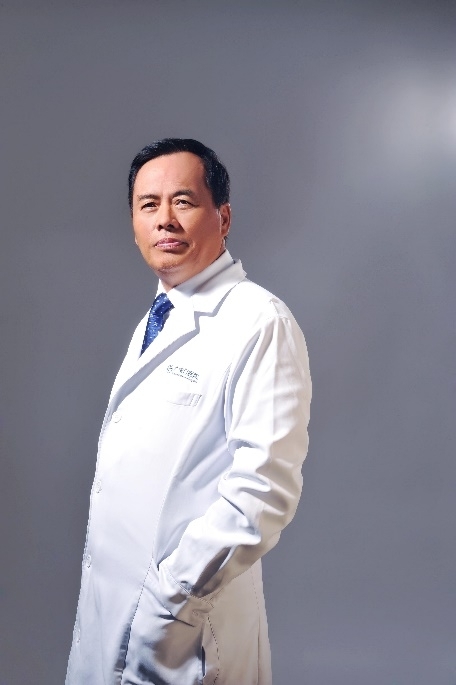
tong xiaolin
tong xiaolin, an academician of the chinese academy of sciences, is a traditional chinese medicine internal medicine specialist, and the director of the national center for chinese and western medicine integration. he has long been committed to the inheritance and innovative research of traditional chinese medicine, and has integrated chinese medicine concept of “state-modulation” with the western medicine concept of “targets” strategy. he first proposed the concept of “state-target differentiation and treatment” and restructured a new system for traditional chinese medical diagnosis and treatment. he established a new system for traditional chinese medical diagnosis and treatment for diabetes with the framework of “core pathogenesis-classification-stage and syndrome differentiation”. he won the he liang he li science and technology progress award and the national science and technology progress second prize.
he has pioneered the reconstruction of the modern herbal system of traditional chinese medicine, integrated the pharmacological targets of chinese medicine and the traditional theory of drug properties, and achieved “mutual adjustment of state-target”. he has revealed the laws of “quantity-induced innovation” and “quantity-induced counteraction”, and constructing a theoretical framework for the efficacy and dosage of herbal formulas with “individualized dosing and dosage threshold” as the core, laying an important foundation for promoting chinese medicine into the “quantitative” era.
during the covid-19 pandemic, as the leader of the national chinese medicine medical rescue expert group, the leader of the chinese medicine epidemic prevention and control expert committee of the national administration of traditional chinese medicine, and the leader of the central aid hong kong anti-epidemic expert group, he went to the front line of the epidemic in 12 provinces and hong kong special administrative region to guide rescue work. he innovatively constructed the “wuchang model” for community prevention and control, formulated the general treatment method “hanshiyi formula (wuhan anti-epidemic no.1 formula)”, developed the first listed new medicine “sanhan huashi granules” for cold and damp epidemic diseases, and formulated and launched the “four plans” for covid-19 treatment, making significant contributions to epidemic prevention and control work. he was awarded the national “most beautiful science and technology worker” by the central propaganda department and other departments, the “national innovation and advancement award medal” by the ministry of human resources and social security, and the “national advanced individual in fighting covid-19” by the cpc central committee and other honors.
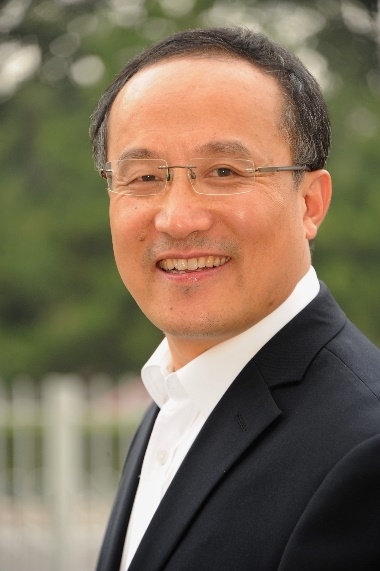
tao zhang
tao zhang is a professor at dalian institute of chemical physics(dicp), chinese academy of sciences (cas). he is an academician of cas, the world academy of sciences and the canadian academy of engineering. he is also a member of the standing committee of the 14th national people's congress (npc) and a member of the environment and resources protection committee of the npc. he was the director of dicp (2007-2017) and vice president of cas(2017-2023). professor zhang’s main research interest lies in the catalysts and new materials for energy conversion. he coined the new concept of “single-atom catalysis” in 2011 and invented a new catalytic process from cellulose to ethylene glycol in 2008. over the past decade, prof. zhang has successfully designed a great number of nano, subnano and single-atom catalysts for the applications in energy conversion and environmental protection.
prof. zhang is the members of editorial board or advisory board of green chemistry, applied catalysis b: environmental, acs sustainable chemistry & engineering, industrial & engineering chemistry research, chemphychem, and the co-editors-in-chief of chinese journal of catalysis. he has also received many research awards, including national award of technology invention (2008, 2006, 2005), excellent young scientist award of chinese catalysis society (2008), zhou guang zhao foundation award for applied science (2009), distinguished award of chinese academy of sciences (2010), the science and technology progress award of hlhl foundation (2016), science china materials innovation award (2018), chinanano award (2019) and advance of catalysis award of the asian-pacific association of catalysis societies (2023).

 macau university of science and technology is proud to confer 2024 honorary doctorate degree upon 7 outstanding individuals in recognition of their outstanding achievements in their respective professions and valuable contributions to the well-being of society. the conferment ceremony will be held during the must 24rd anniversary in march 2024.
macau university of science and technology is proud to confer 2024 honorary doctorate degree upon 7 outstanding individuals in recognition of their outstanding achievements in their respective professions and valuable contributions to the well-being of society. the conferment ceremony will be held during the must 24rd anniversary in march 2024.
